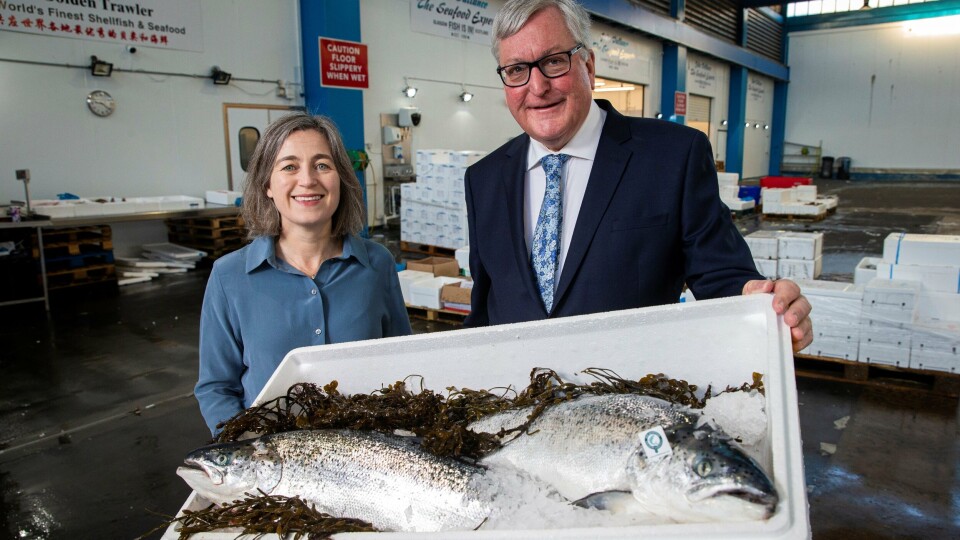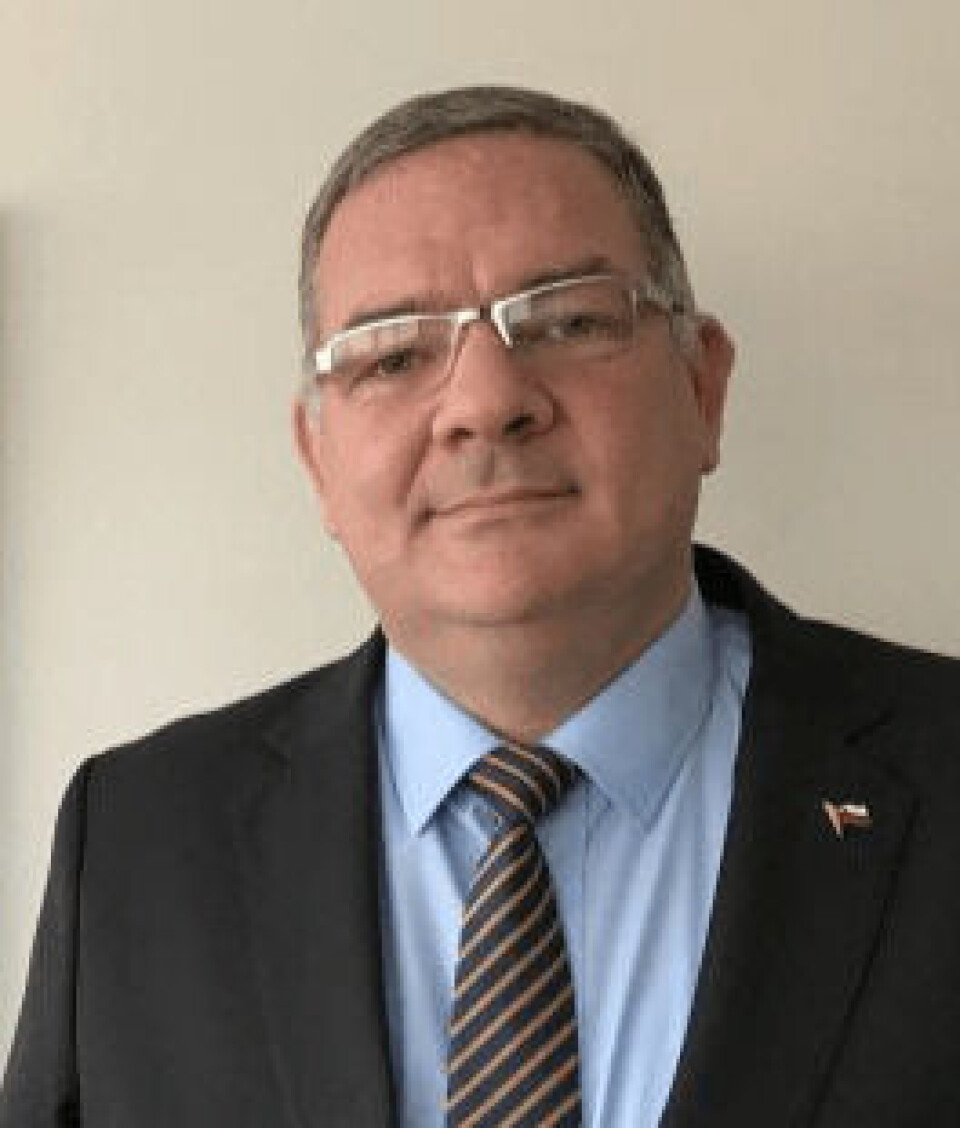
Coronavirus: Salmon farmers ‘put health of staff first’
Scottish Salmon Producers’ Organisation (SSPO) chief executive Julie Hesketh-Laird was understood to be meeting rural economy secretary Fergus Ewing today to outline how the industry is coping with the consequences of the coronavirus outbreak.
Salmon farmers have seen a significant reduction in exports because of the measures by different countries to slow the spread of the virus.
On the plus side, demand in the UK retail market is particularly strong, with many consumers preparing for the possibility they may have to self-isolate by choosing to buy fresh produce, such as salmon, which can be frozen at home.

Mitigating impact
The SSPO’s strategic engagement director, Hamish Macdonell, said: “Measures to mitigate the impact of the crisis are being taken by all of our farmers with the health and welfare of employees being of paramount importance, so they can continue to offer the best care for their fish.
“As is the case with the whole Scottish food and drink sector, Scottish salmon farmers are working hard with the supply chain to help keep supplies moving, minimise disruption and to continue to provide people with healthy, fresh produce.
“As part of the contingency measures now in place, we are in regular contact with ministers in the UK and Scottish governments and with regulators to ensure the sector is able to maintain the continuity of supply of fresh salmon to consumers at home and abroad.”
Separating shifts
Fish Farming Expert’s Norwegian sister Kyst.no reports that in Norway feed producer Skretting has defined everyone who works in its factories and who cannot do their job from home as “critical personnel” and has introduced special measures to reduce the chance of them becoming ill or being placed in home quarantine.
These include avoiding close contact between different control rooms and different shifts, along with extra disinfection / washing of common-use equipment.
All employees who can work from home are doing so.
No handshakes
Pharma and functional feed supplier STIM (formerly Europharma) said it had introduced a number of infection prevention measures, including a strong focus on frequent hand washing and a ban on handshakes.
Salmon farmer Leroy has restricted travel and further strengthened already strict hygiene requirements.
“We are also very restrictive in receiving visits. This applies to the entire business,” said community liaison officer Krister Hoaas.

Gloves, masks, ventilation
In Chile, Fernando Gebhart, the regional employment minister for the Los Lagos region, told Fish Farming Expert’s sister site, Salmonexpert.cl, that for workers who can’t work from home, such as those at processing plants, the employer’s obligation is to provide all necessary measures to avoid contagion within the workplace.
“That is, when appropriate, adopt the necessary hygiene measures, such as: ventilation, safety elements, gloves, masks, according to the corresponding exposure,” said Gebhart.
“The call is also that people, after finishing their work, do not go to places where there are a lot of people and they isolate themselves voluntarily to avoid infections.”
Salmon producers’ organisation SalmonChile said it had been in constant contact with its associated companies, monitoring the situation in each of them and collating the preventive measures that have been implemented.
So far, they have confirmed that 100% of the salmon processing plants of associated companies are operational, and no cases of coronavirus have yet been reported.






















































